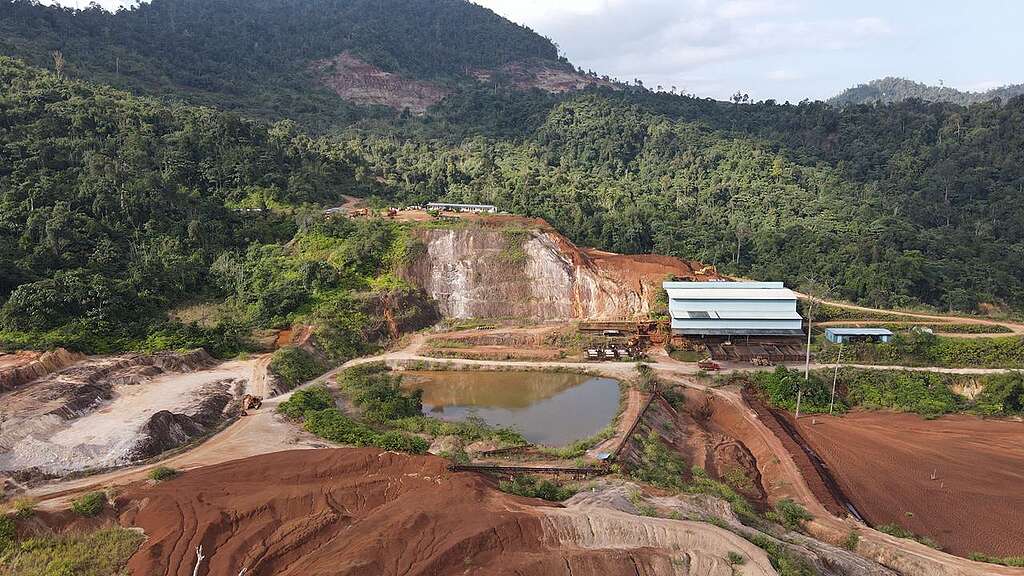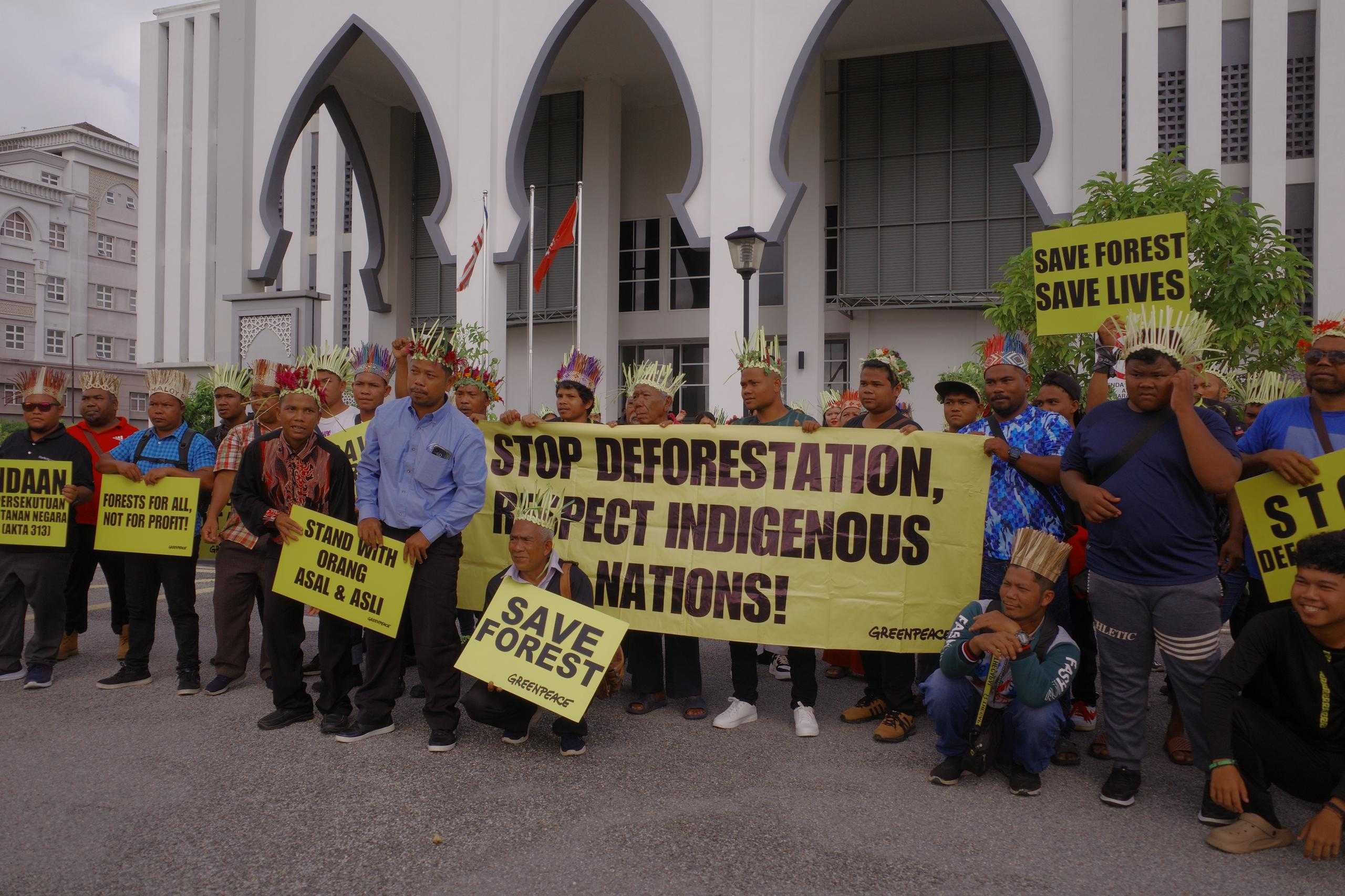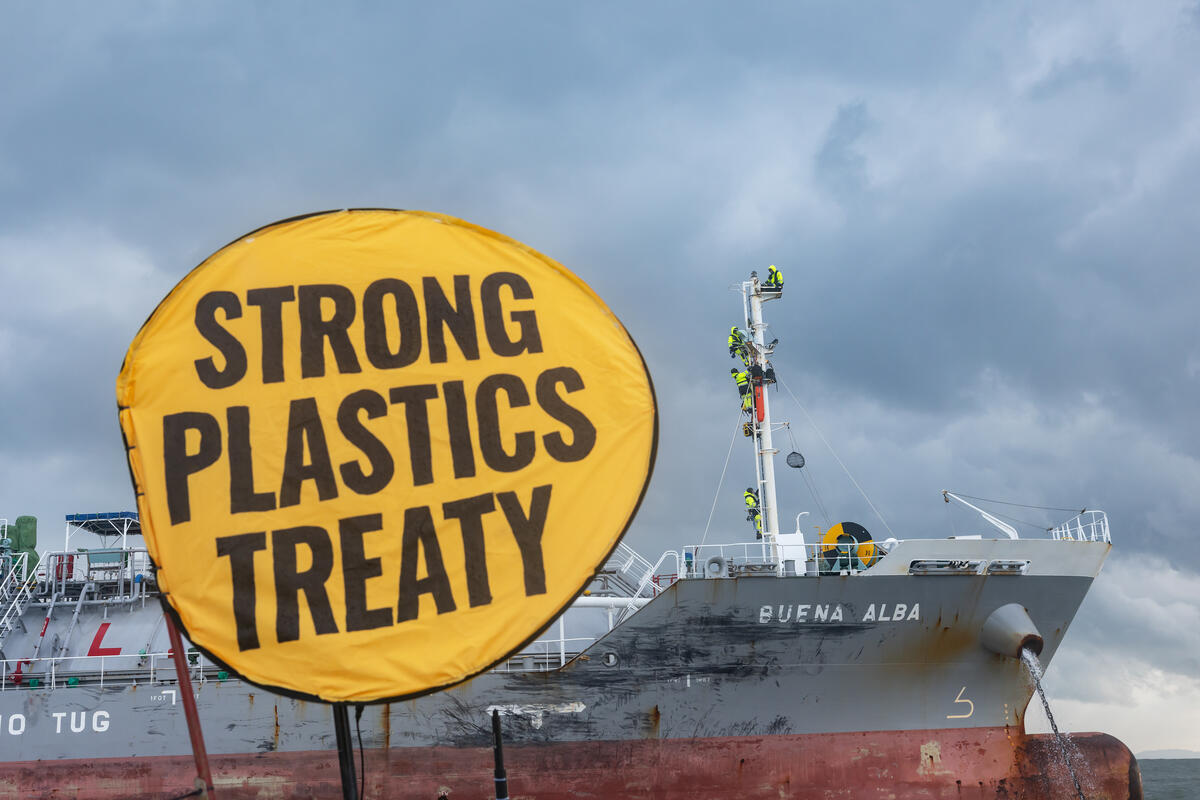Part 2: In what ways can the EQ (Amendment) Act 2023 be improved?
One might question why approaches like adaptation, protection, and restoration are essential in addressing the environmental crisis triggered by human activities and in combating climate change.
Firstly, mitigation strategies are undeniably key to minimising damage, halting ongoing effects, and reducing future implications. However, some communities are already experiencing the devastating impacts of these environmental catastrophes. Hence, it’s equally vital that we implement measures to avert further disasters, bolster resilience, and diminish vulnerability – an approach commonly referred to as adaptation.
The indigenous people from the Temiar tribe in Kampung Kelaik, Gua Musang, are currently facing extensive land clearing for various agricultural activities, including Musang King durian, palm oil estates, and vegetable farms. In December 2012, Malaysiakini reported that the iron content in the river water was 11 mg/L, significantly exceeding the normal levels of below 1 mg/L or 2 to 3 mg/L in the presence of ongoing earthworks.
Unfortunately, no government-led river clean-up has been implemented to address this urgent issue, putting both the environment and public health at risk. To compound this problem, more rivers have been adversely affected by the chemical fertilisers used by the plantation companies, further degrading the quality of the river water.
In 2021, a lawsuit was filed against 14 entities, including JAKOA and the Kelantan state government. The local inhabitants are deeply concerned about the encroachments on their settlement. They are now urging the state government to officially recognise and protect their native customary land.
The core objective of the EQA 1974 is to prevent and control pollution, as well as establish a system to penalise those who recklessly harm the environment. For 12 consecutive years, neither mitigation nor preventive measures have been able to safeguard the land of the Temiar tribe, as the court has dismissed the appeal multiple times for various unjust reasons. Therefore, an adaptive approach must be implemented to enable immediate action in addressing these critical environmental and health concerns and upholding the principles set forth by the EQA 1974.

Secondly, the issue of climate change poses a substantial challenge that requires continuous endeavours, highlighting the critical need for protection and restoration. It is the duty of governmental bodies to safeguard and restore ecosystems including rivers, wetlands, oceans, forests, and mangroves. These natural environments perform a crucial function in carbon sequestration which assists in alleviating global warming.
The Klang Valley frequently experiences water supply disruptions, which typically lead to increased stress among its residents. These disturbances can be attributed to the Gong River, a tributary that contributes to the flow of the Sembah River. The Sembah River subsequently merges into the Selangor River, where the Rantau Panjang water treatment plant is located 17 kilometres downstream. The Selangor River is vital as it provides the primary source of raw water for the Klang Valley region.
The pollution of the Gong River has been recorded in 2020, 2022, 2023 and 2024. Immediate efforts were made to clean up the river, but no additional measures were taken to protect it from pollution. To effectively address this recurring issue, it is suggested that an integrated approach, incorporating both protective and restorative measures, be implemented under the inland water provision.
Similar to food, I believe that rules and regulations should have expiration dates. Most laws should not last longer than two decades because, over time, humans tend to corrupt or exploit the loopholes in any set of rules and regulations. This is especially true for the 50-year-old EQA 1974. The process of refining our rules and regulations extends beyond the mere formulation of new laws. It also necessitates addressing and transforming dinosaur thinking that requires modernisation to align with the requirements of the 21st century, particularly in relation to environmental conservation.
Regarding the previous question, my answer is a definite NO! What about yours?
Reference
Sani, Sham, and Hamin Kamaruddin. The Environmental Quality Act (EQA) 1974: Statutory Instruments and Amendments. Selangor, Penerbit Universiti Kebangsaan Malaysia, 2016.




